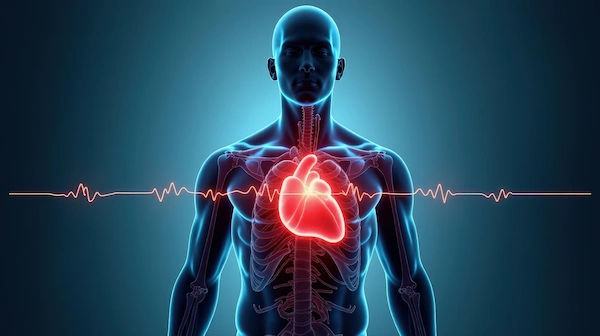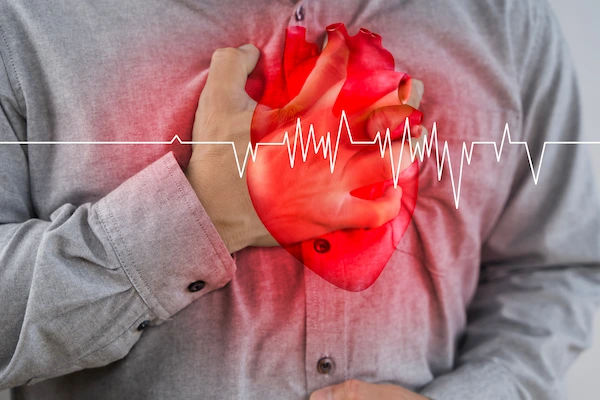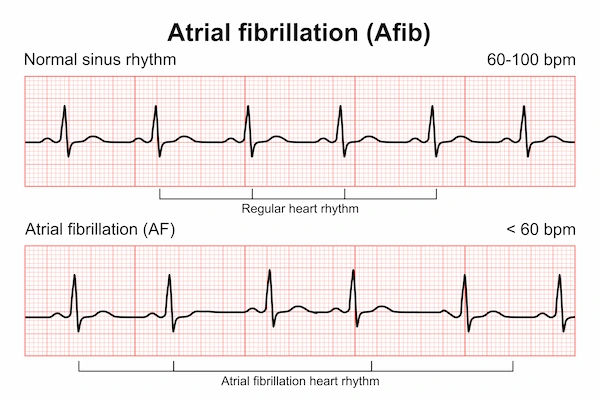- male
- 50 Years
- 10/05/2022
What are the heart disease causes & risk factors?
Answered by 1 Apollo Doctors
With time, raised blood sugar levels can damage the blood vessels and nerves that control the heart. Additionally, people with diabetes are also more likely to have other conditions that raise the risk for heart disease such as high blood pressure and deranged cholesterol or triglyceride levels.
Dr. Anshul Suggests...
Consult a Cardiologist
Answered 04/07/2025
0
0

More Cardiology Health Queries
View allI've been dealing with a runny nose, nonstop sneezing, and watery eyes since this morning. On top of that, for the past couple of days, I've had chest pain on the left side, numbness in my arms, and shoulder pain. Should I be worried? What could be causing all this?
Flu , it is normal.
Answered by 1 Apollo Doctors
My mom has severe aortic stenosis and the doctor suggested valve replacement surgery. We're unsure whether to go for open heart surgery or TAVR. Since we lost my dad to COVID and she's a homemaker, cost is a big concern. What would be the best option for her?
CTVS opinion advise.
Answered by 1 Apollo Doctors
I'm really worried because my uncle just had a heart attack and we're in a different country than he is. He's been in intensive care for around 6 hours now. Does that mean it's not life-threatening anymore? How long do people usually survive after having a heart attack? Just trying to understand what we should expect.
The time elapsed since the heart attack occurred is an important factor in determining the prognosis. The first few hours after a heart attack are critical, and the sooner medical treatment is received, the better the chances of survival and recovery. Being in intensive care means that he is receiving close monitoring and specialized care to address any complications that may arise. It is difficult to predict the outcome without knowing the specific details of his case, but being in intensive care is a positive sign that he is receiving the necessary treatment. It is important to follow the advice of the medical team caring for your uncle.
Answered by 1 Apollo Doctors
Disclaimer: Answers on Apollo 247 are not intended to replace your doctor advice. Always seek help of a professional doctor in case of an medical emergency or ailment.





